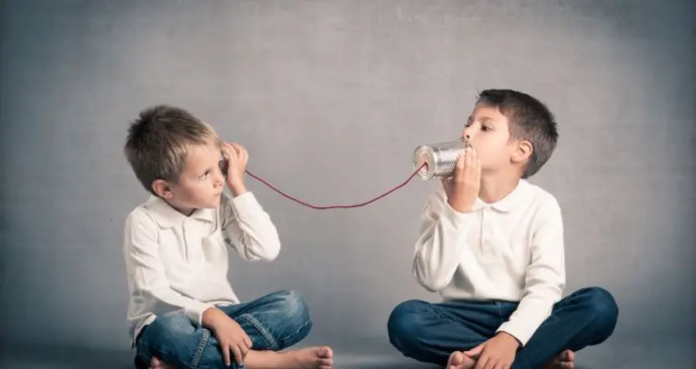Meta: Peer to peer communication is very important for a child’s growth and development. Here’s how you can help your kids get better at it.
A lesson on improving peer to peer communication among children means learning social behaviour. And as a parent, you must show a keen interest in developing such a crucial skill since your kid’s early stage. Few children can easily communicate with others, whereas some are not outgoing. Parents need to help them to come out from their shells and develop positive relationships with people around them.
Online kids classes like those arranged by Yellow Class arrange different group activities for kids that help them improve peer to peer communication. Also, various offline classes help your Kid to meet with others who share the same interests and build friendships. Also, they help in motivating and encouraging kids. It’s hard for introverts to open up in front of others and parents need to work hard in helping them.
How can you help in improving kid’s peer to peer communication? Here are a few:
1. Encourage them to set up small groups
Try to set up a small group with 3-4 children of your child’s age and help them to interact with each other. Ensure your kid plays and speaks comfortably with them. Help him to make new friends and encourage him in case of failures. Never laugh, scold, or perform any activity that hurts his feelings and closes himself in a shell.
2. Enroll them in extracurricular classes that involve group activities.
Search for different kids’ hobby classes ideas and enroll them in one such that involves group activities or brings kids of the same interest under one umbrella. For example, a dance class or a painting class. These extracurricular skills are important besides academics and also help kids to develop self-confidence.
3. Arrange small events or get-together parties at home.
You can arrange get-together parties at home occasionally and ask a few kids of the same age and similar interests to join. Arrange some music, games, and snacks. For example, set up a musical chair game and help the kids to get to know each other with an exciting activity. Once your kids feel connected to them, they will certainly open up. Make sure you give a close look to the group so that they don’t harm your kid.
4. Make him feel confident.
As a parent, you must make your child feel confident about themselves. But remember overconfidence is not good. This means if he is generous you can tell him, but don’t if he is not. Encourage him with his positive qualities and teach him to get rid of all the negativities. If your kid is shy, speak to him about how good a friend he can be and encourage him to make new friends confidently.
5. Teach him the rules of friendship
Teach him that making friends is not easy. It needs time. Therefore an unsuccessful attempt at making a friend shouldn’t demotivate him. Also, he needs to understand the difference between the thoughts and ideas of different kids, and why building a strong relationship needs time.
6. How to be a good friend.
To be someone’s good friend and individual needs to have some traits. Here are a few:
- Honest
- Compassionate
- Kind
- Stay connected at times of happiness and sadness.
- Share similar interests
- Has a positive attitude
- Cooperative
- Joyful
Make sure you teach your child that physical appearance and wealth don’t make a difference in a person’s character, and it shouldn’t affect peer relationships.
7. Help him to initiate conversation
With the help of teachers, parents can arrange simple games like a talk show, extempore, or a debate competition where kids of the same group need to participate. Ask them to introduce themselves to the people in the room and then start with the topic. This will help them to come out of their shells and initiate conversations.
Parents and other family members can help kids to open up and share their thoughts and ideas. Talk to them about why sharing is good and give attention when they try to initiate a conversation. As a parent, along with building self-esteem and confidence, you can help your kids develop this skill so that they carry themselves well in social circles.









